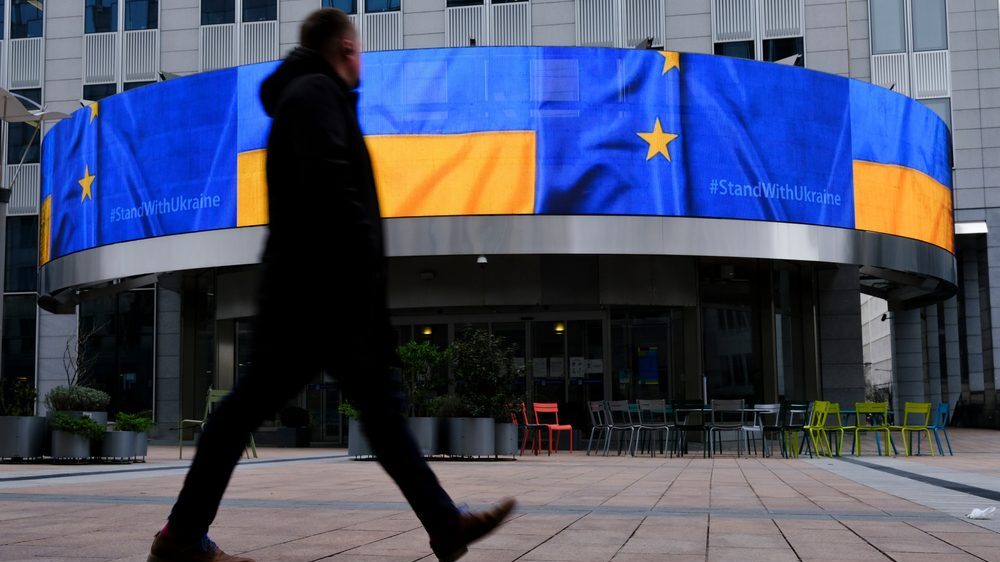
Photo: Alexandros Michailidis / Shutterstock.com
Despite tensions between the Commission and Eastern European member states concerning Ukrainian agriculture exports, an overwhelming majority of MEPs voted to extend the suspension of agricultural tariffs on Ukraine imports, Tuesday, May 9th, at a plenary session of the European Parliament in Strasbourg.
The vote comes amid a lingering crisis in Eastern Europe caused by a glut of Ukrainian grain imports negatively affecting the price of cereals in the European market. This has led to the current standoff between the European Commission and some member states over maintaining the flow of Ukrainian agricultural produce into the EU.
The Commission has sought compromise with member states to secure the transit of grain out of Ukraine by creating a generous support package for Eastern European farmers announced last month.
MEPs voted 537 to 42 in favour of the extension, which will come into effect June 6th and extend the suspension of EU tariffs on Ukranian goods for another year. The proposals had unanimous support from all parliamentary factions. The most vocal objections to the extension came from 22 MEPs from the nationalist ID group.
Under a separate agreement, Ukrainian industrial exports to the EU have been subject to no tariffs since January 2023.
Since the outbreak of war in Ukraine, the EU has sought to prop up the Ukrainian economy and secure the vital flow of Ukrainian produce using trade liberalisation, leading critics to accuse Brussels of accidentally engineering the grain oversupply due to its poorly conceived trade policy in response to the war.
Five EU member states, including Poland, Hungary, and Bulgaria have imposed temporary embargoes on Ukrainian grain since mid-April due to a collapse in domestic grain prices. Poland in particular has been struggling to balance its steadfast support for Ukraine with domestic concerns. The embargo on Ukranian grain is the closest Warsaw has come to breaking ranks during the war.
The move was supported by Polish MEPs despite previous grievances that further trade liberalisation would cripple the Polish farming sector.
In the aftermath of the vote, Polish MEP, Patryk Jaki, from the ECR-affiliated Sovereign Poland tweeted his regret at the decision saying that he had accidentally voted the wrong way in favour of proposals and sought to reverse his vote.
Poland last week vetoed an EU asylum deal with African and Caribbean nations with Warsaw wanting preferential terms for surplus Polish grain to counter the oversupply.
Ukrainian President Zelensky singled out the embargo for criticism yesterday after talks with EU Commissioner Ursula von der Leyen in Kyiv, accusing EU member states of inadvertently assisting the Russian invasion.
The Ukrainian @ua_parliament is working hard to shape and adopt the reforms foreseen in our 7 steps needed to open the accession negotiations.
— Ursula von der Leyen (@vonderleyen) May 9, 2023
Thank you, Speaker @r_stefanchuk, for the good meeting to discuss the work that remains. pic.twitter.com/9OPXXdqb9s
Plans for Ukrainian accession to the EU are being fast-tracked, with President of the Parliament Roberta Metsola asking member states to make some allowances to enable Ukraine to join the union.
Commission chief von der Leyen reaffirmed her commitment to assisting Ukraine to join the EU, as the grain crisis accounts for a major stress test for European solidarity in the second year of the war.
